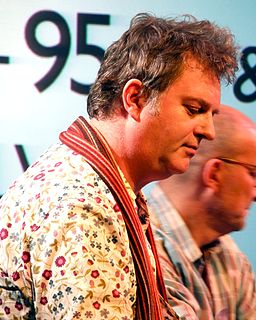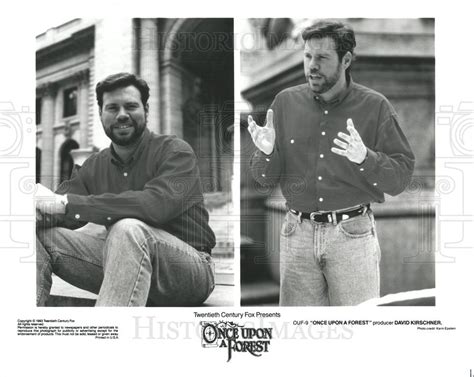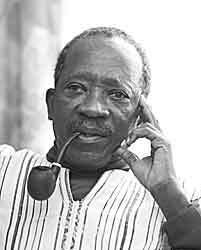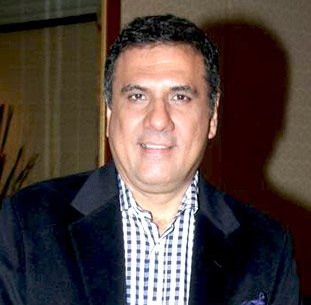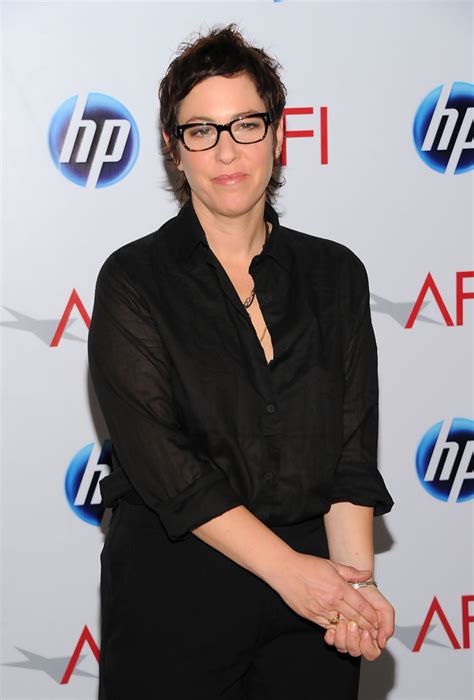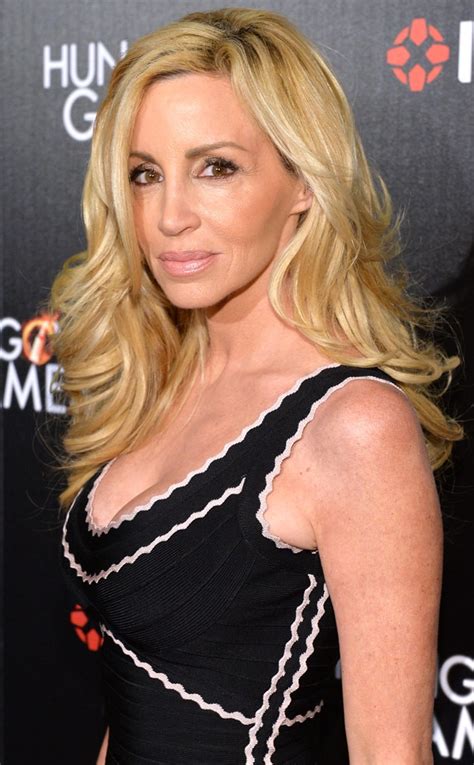A Quote by Yahoo Serious
I kind of worry about that a little bit - we lost our film culture for 30 years because the Americans came in and bought up all the cinema chains and wouldn't show any Australian films.
Related Quotes
I just finished a film a few days ago, and I came home and said I learned so much today. So if I can come home from working on a little film after doing it for 45 years and say, "I learned so much today," that shows something about the cinema. Because the cinema is very young. It's only 100 years old.
There's something magical about film, it's the ultimate for me, because it's kind of permanent - inasmuch as anything is. When I went to see Buster Keaton when I was about 14 and I came out of the cinema having really laughed at this film which had been made 50 years before, I thought: That's immortality. It's fantastic.
In narrative cinema, a certain terminology has already been established: 'film noir,' 'Western,' even 'Spaghetti Western.' When we say 'film noir' we know what we are talking about. But in non-narrative cinema, we are a little bit lost. So sometimes, the only way to make us understand what we are talking about is to use the term 'avant-garde.'
The foreign audiences are somewhat surprised and happy to find an American film that asks questions about American culture. There's a certain kind of cultural imperialism that we practice. Our films penetrate every market in the world. I have seen and have had people reflect to me, maybe not in so many words or specifically, but I get the subtext of it - they're somewhat charmed and surprised and happy to see an American film reflect on our culture. Because they see other cultures reflect on our culture but they don't see US culture reflecting on itself in quite the same way.
I have all these nice clothes that I've bought over the years, and I never wear anything because, when you have a toddler, everything gets spilled, and they wipe their boogers on you, whatever. You end up shifting a little bit, and your values shift a bit, too. I don't care about that as much as I used to.
Don's Mancini father was an advertising executive and I think Don really grew up and all of that stayed in his head. Some of the really great slogans we came up with, over the years, the big advertising buzz-words that we had, Don created those. It's just kind of fun just thinking about what we both love about pop culture and applying it to Chucky film and any others.
More than my other films, Uncle Boonmee is very much about cinema, that's also why it's personal. If you care to look, each reel of the film has a different style - acting style, lighting style, or cinematic references - but most of them reflect movies. I think that when you make a film about recollection and death, you have to consider that cinema is also dying - at least this kind of old cinema that nobody makes anymore.
I think cinema is needed throughout Africa, because we are lagging behind in the knowledge of our own history. I think we need to create a culture that is our own. I think that images are very fascinating and very important to that end. But right now, cinema is only in the hands of film-makers because most of our leaders are afraid of cinema.
Shyam Benegal has found a lovely voice in this film. We've all seen the kind of cinema he's come up with over the years. His films like 'Mandi,' 'Manthan,' 'Sooraj Ka Saatvan Ghoda' all have revolutionised the face of Indian cinema. And in 'Well Done Abba,' he has once again found a relevant subject, which even youngsters can relate with.


